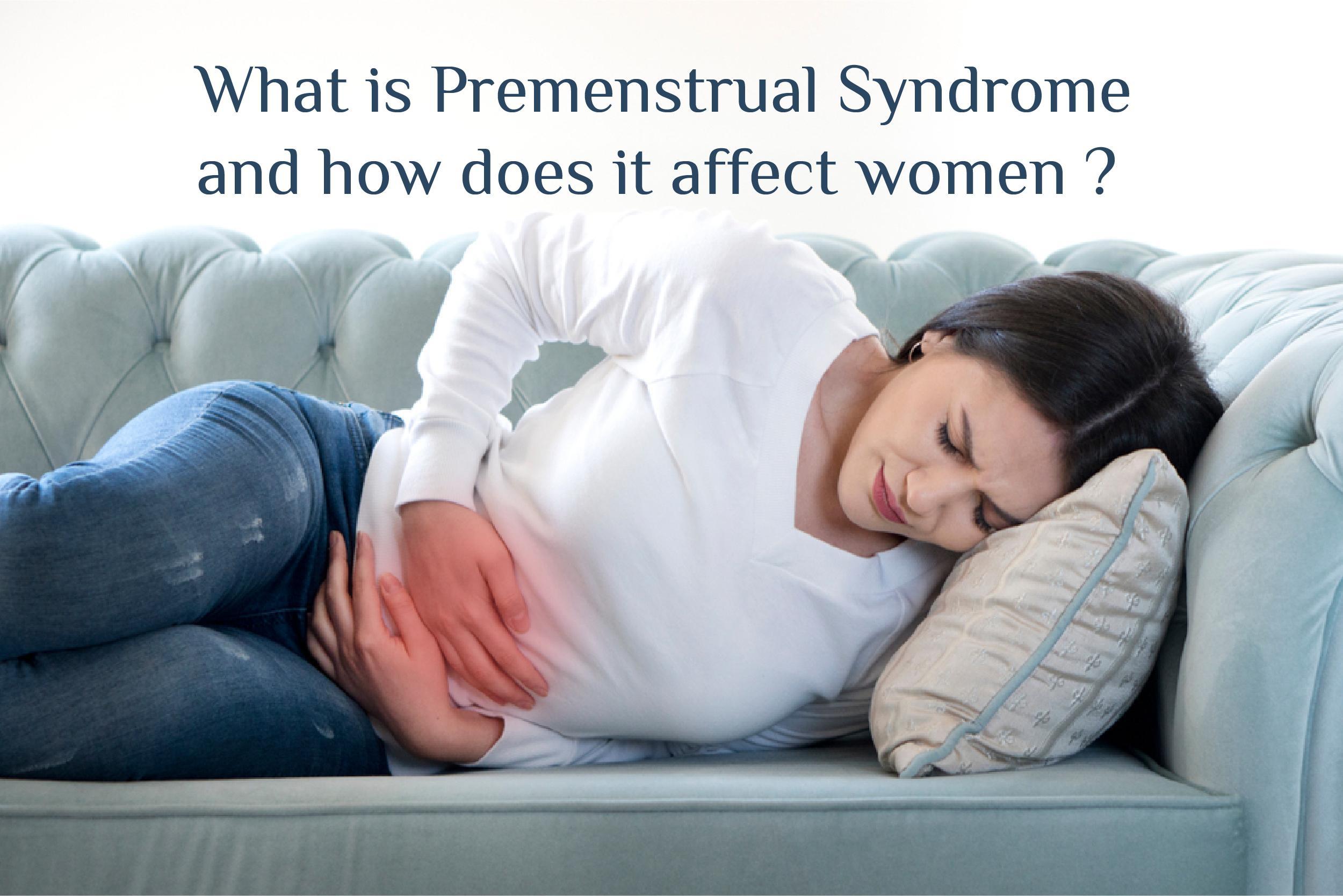Premenstrual syndrome (PMS) is a common condition that affects millions of girls and women worldwide. With numerous physical, emotional, and psychological symptoms, PMS can significantly affect daily functioning and quality of life.
What is Premenstrual Syndrome (PMS)?
Premenstrual syndrome (PMS) refers to physical, emotional, and behavioral symptoms that occur cyclically in the days or weeks before menstruation.
Physical symptoms: Breast tenderness, abdominal pain, hip pain, headache, fatigue, and changes in appetite or sleep.
Emotional symptoms: Mood swings, irritability, anxiety, depression, tension, or emotional sensitivity.
Behavioral symptoms: Difficulty concentrating, decreased libido, social withdrawal, and changes in appetite or eating habits.
Causes and Factors
Hormonal Fluctuations: Changes in estrogen and progesterone levels during the menstrual cycle can affect neurotransmitter activity and lead to PMS symptoms.
Serotonin imbalance: Changes in levels of serotonin, a neurotransmitter that regulates mood and emotions, may play a role in the development of mood-related symptoms in PMS.
Lifestyle factors: Poor diet, insufficient exercise, high stress, and insufficient sleep can exacerbate PMS symptoms and increase their severity.
Diagnosis and Evaluation:
A PMS diagnosis involves thoroughly evaluating symptoms, menstrual history, and overall health. Healthcare providers may use standardized assessment tools and diagnostic criteria to confirm the presence of PMS and rule out other underlying medical conditions that may mimic its symptoms. Keeping a symptom diary can help track the timing and severity of symptoms over several menstrual cycles, providing valuable information for diagnosis and treatment planning.
Management and Treatment:
PMS is managed with lifestyle modifications, behavioral interventions, and treatments tailored to individual needs. Strategies for managing PMS symptoms include:
Lifestyle modifications: Adopt a healthy diet rich in fruits, vegetables, whole grains, and lean proteins; Engage in regular exercise; practice stress management techniques such as mindfulness, meditation, and relaxation exercises; Prioritize adequate sleep and establish a regular sleep schedule.
Behavioral interventions:
Cognitive-behavioral therapy (CBT), relaxation techniques, and stress reduction strategies can help alleviate mood-related symptoms and improve coping skills.
Medical treatments:
Nonsteroidal anti-inflammatory drugs (NSAIDs) may be used to relieve physical symptoms such as constipation, bloating, and breast tenderness. Hormonal birth control methods, including birth control pills, patches, and hormonal IUDs, can help regulate menstrual cycles and reduce PMS symptoms in some individuals. In severe cases, prescription medications such as selective serotonin reuptake inhibitors (SSRIs) or serotonin-norepinephrine reuptake inhibitors (SNRIs) may be prescribed to target mood-related symptoms.
Support and self-care:
Living with PMS can be challenging, but support from healthcare providers, family members, and peer groups can make a significant difference in managing symptoms and improving quality of life. Self-care strategies such as practicing self-compassion, setting realistic expectations, and prioritizing activities that promote well-being can help individuals navigate the ups and downs of the menstrual cycle with greater resilience and self-awareness.


